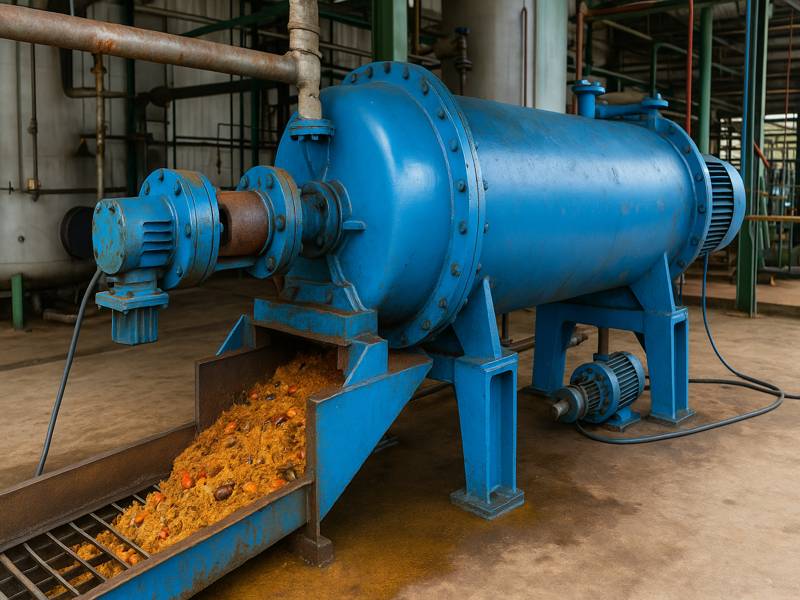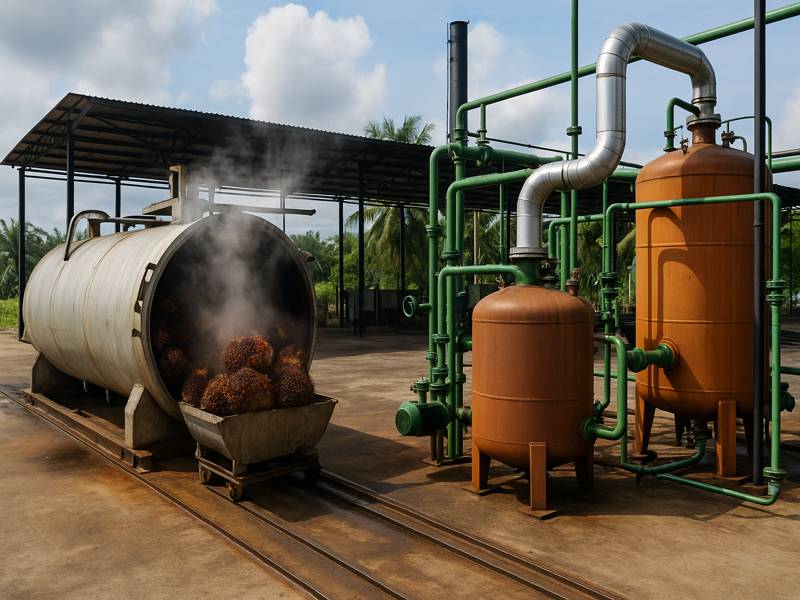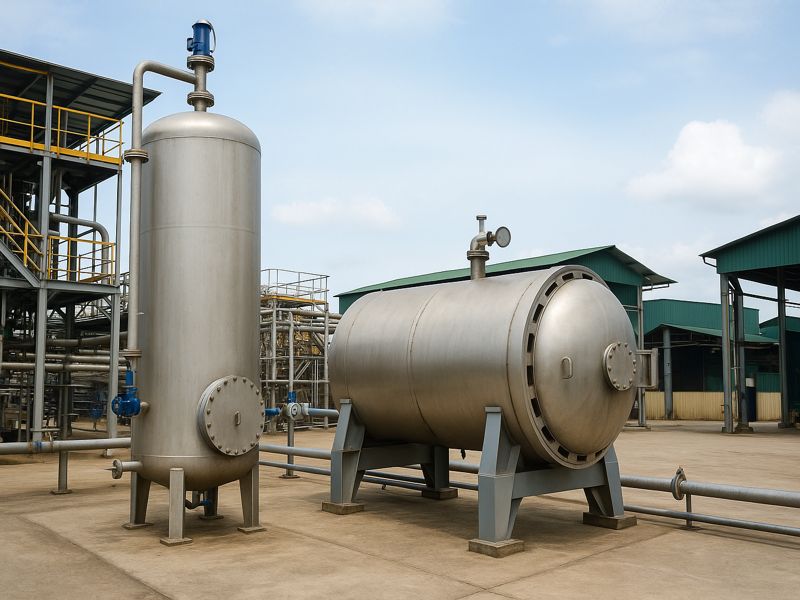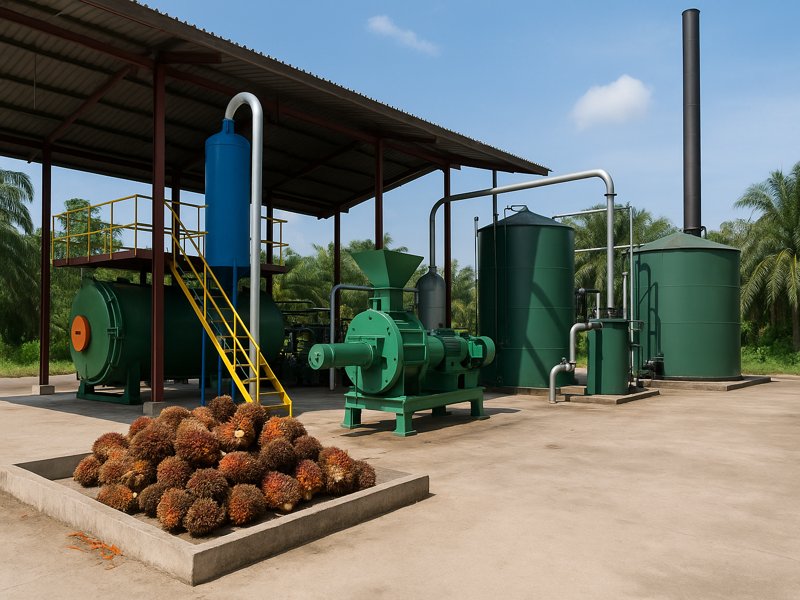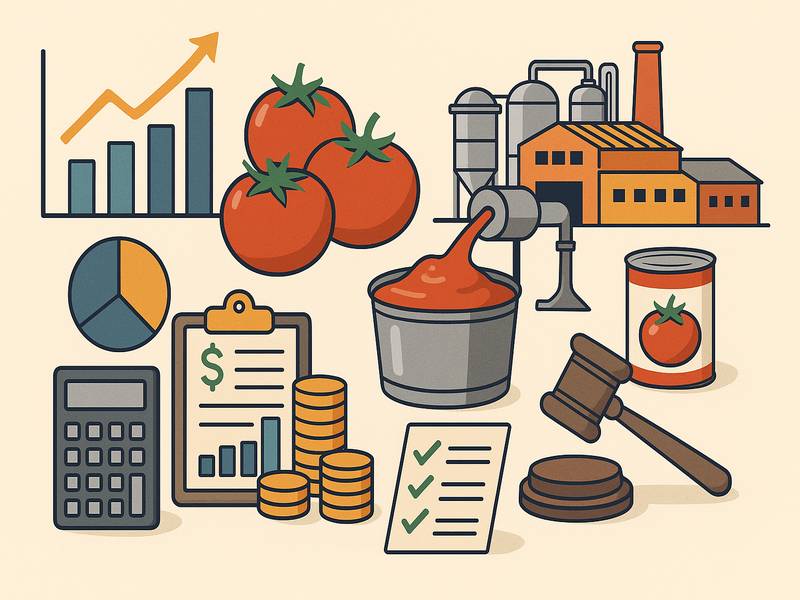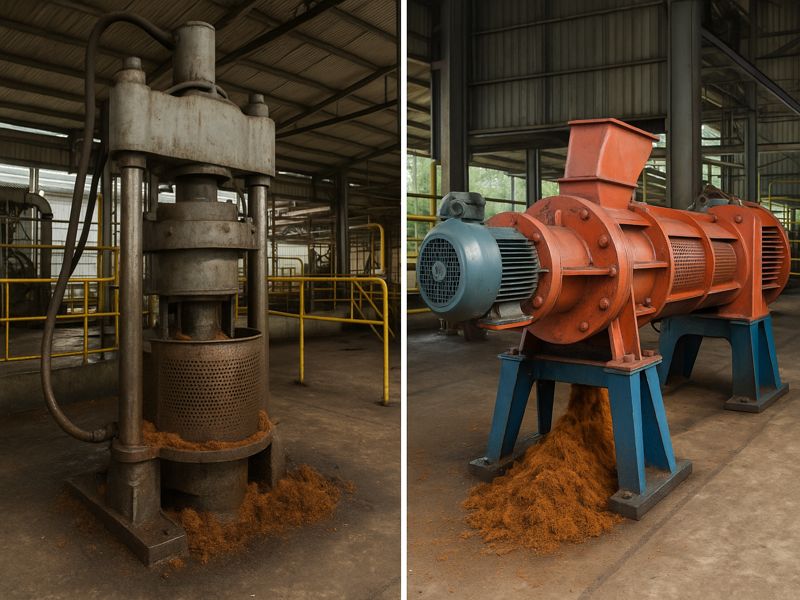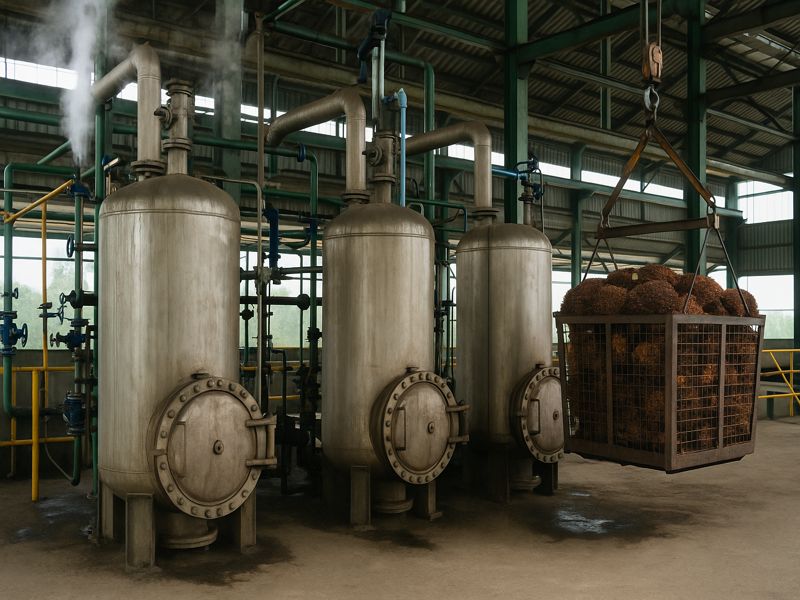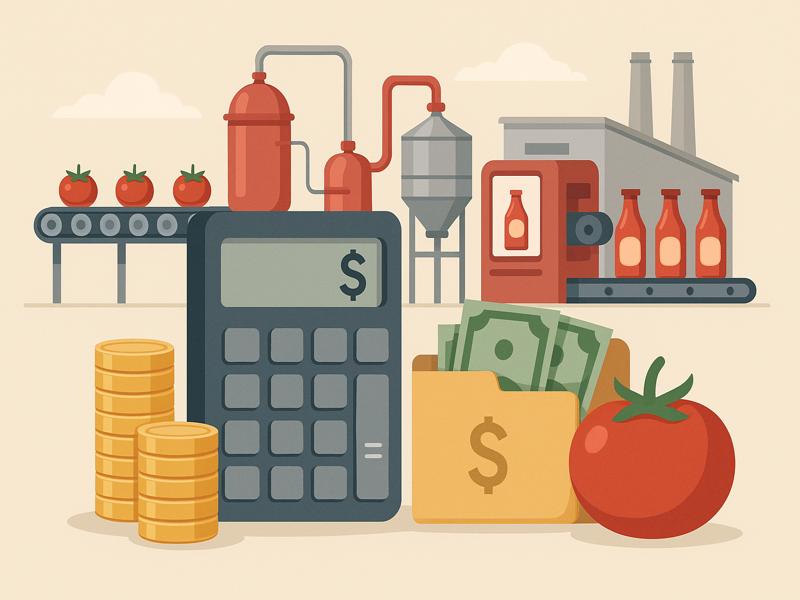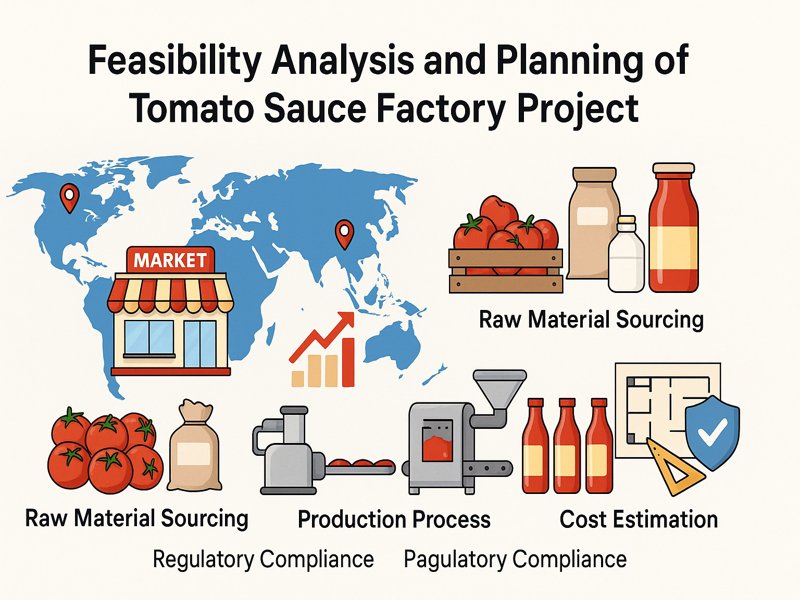
Get in Touch with Us
- Manager: Sherry
- Phone: +86 19539944134
- WhatsApp: +86 19539944134
- E-mail: sales@vortechglobal.com, info@vortechglobal.com
- hinese Office: Room 1602, Kaisa Prosper, Jiangyin, Jiangsu, China.
- Head Office: 10 Anson Road #27-18 International Plaza Singapore (079903).

Vortech Global is committed to providing customers with a full set of integrated solutions for palm oil production.
Contact Info
- Manager: Sherry
- Phone: +86 19539944134
- WhatsApp: +86 19539944134
- E-mail: sales@vortechglobal.com, info@vortechglobal.com, sales2@vortechglobal.com
Address
Chinese Office
Room 1602, Kaisa Prosper, Jiangyin, Jiangsu, China.
Head Office
10 Anson Road #27-18 International Plaza Singapore (079903).
